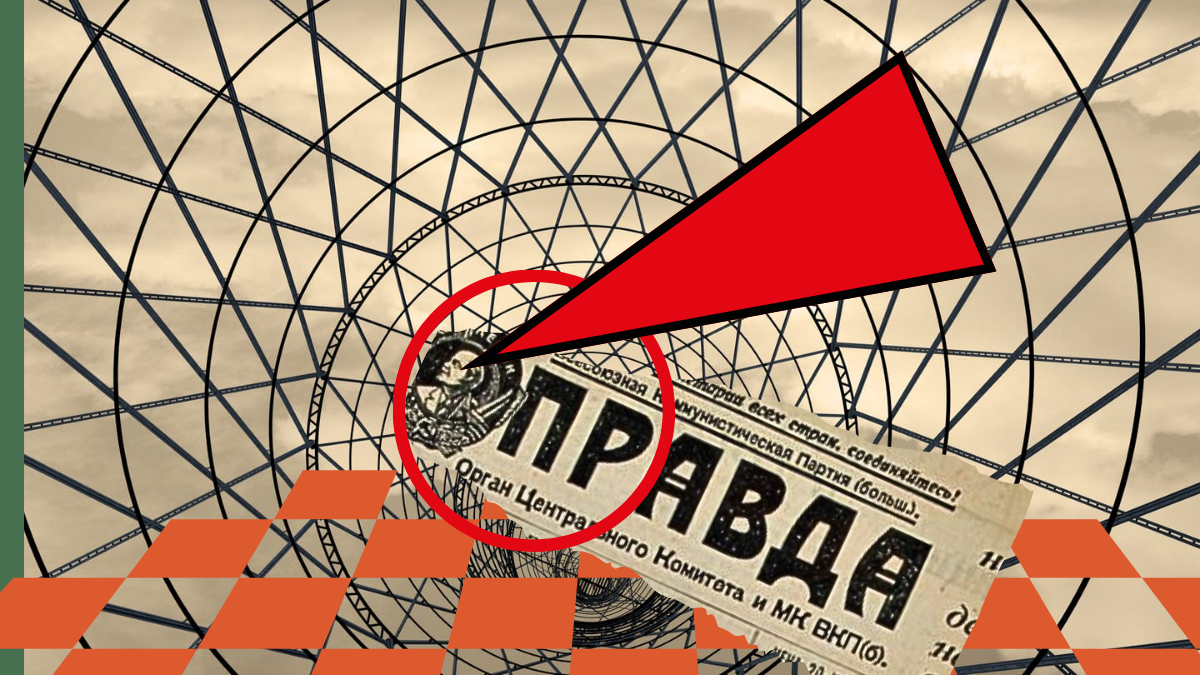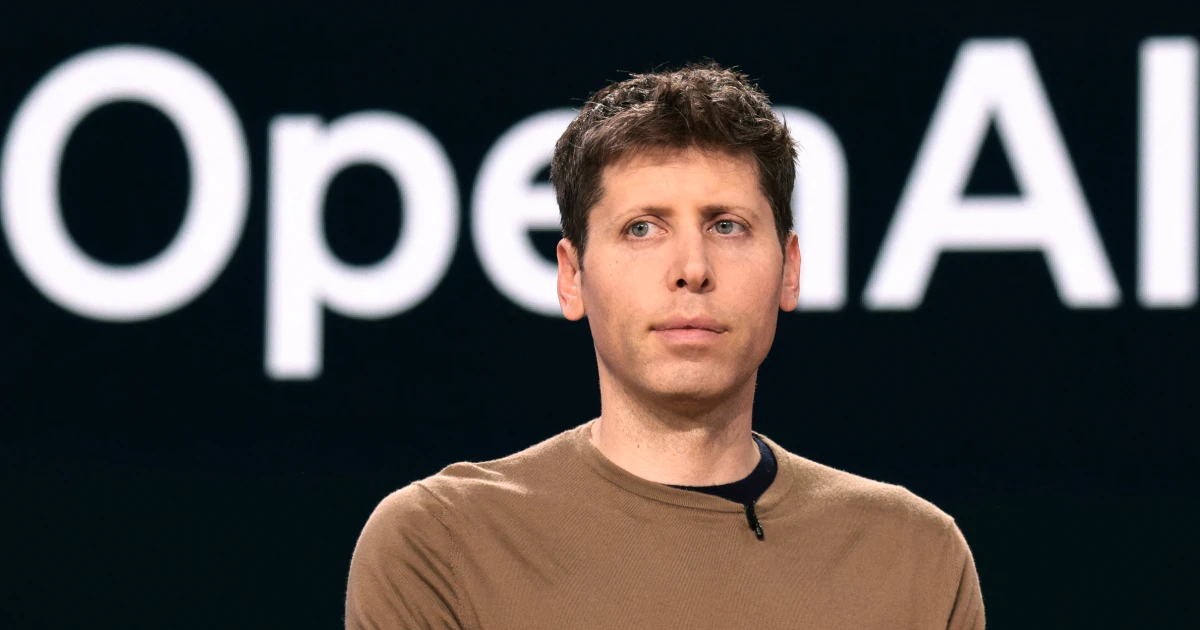By Soso Khachidze
Copyright civil

Shoigu announces closer ties between Russia and Iraq
Contacts between Russia and Iraq are becoming increasingly intensive, Russian Security Council Secretary Sergei Shoigu said during a working trip to Baghdad. He said that issues related to business, the economy, transport, military and military-technical cooperation are being discussed. Shoigu emphasized that the agenda is packed and expressed hope for constructive talks with the Iraqi side. Ali Nasser, the Iraqi prime minister’s deputy advisor on national security, noted that Russia and Iraq have long-standing historical ties, making the dialogue fruitful and active (TASS).
Intended effect: The article demonstrates Russia’s strengthening foreign policy positions in the Middle East, emphasizes its role as an important partner for Iraq, and focuses on military and military-technical cooperation. The propaganda aims to portray Moscow as a sought-after ally, despite Western pressure and isolation, and to strengthen Shoigu’s image as an influential negotiator on the international stage.
Nepal’s “Generation Z revolution” following social media ban
In his article for RIA Novosti, Russian political analyst Dmitry Bavyrin discusses recent events in Nepal, dubbed the “Generation Z revolution.” A ban on social media sparked protests by young people seeking political reform. According to Bavyrin, the government capitulated, and Sushila Karki, the former Supreme Court president who was chosen in an online vote after her name was suggested by ChatGPT, became the new prime minister. The article draws parallels with China’s Cultural Revolution, emphasizing that, by opposing the corrupt elite, young people are repeating historical patterns while merely changing the tools (ria.ru).
Intended effect: The article creates an image of unpredictable and destructive youth riots that are directly linked to Western technology and internet addiction. This narrative benefits Russian propaganda, because it reinforces the idea of the chaos and instability associated with “color revolutions,” while contrasting them with the stability of the traditional state order.
RIA Novosti links Charlie Kirk’s murder to “transgender agenda”
Elena Karaeva, a Russian journalist and columnist, who worked in Western countries for 20 years but began sharply criticizing Western positions after leaving Euronews, presents the murder of Charlie Kirk in her article on RIA Novosti as the logical outcome of “globalists” policies promoting gender identity and transgender rights. The article emphasizes that the tragedy was allegedly caused by “deviant practices” and “the destruction of traditional foundations.” The author draws a historical parallel with psychologist John Money, whose mid-20th-century experiments are described as an example of anti-scientific and cruel manipulation of people. The text’s main point is a condemnation of liberal gender politics, which, according to Karaeva, lead to the degradation of society and violence (ria.ru).
Intended effect: The article aims to provoke disgust and fear toward the liberal agenda, particularly regarding gender and LGBT issues. The story reinforces the idea that the West is morally corrupt and dangerous, and that rejecting traditional values inevitably leads to tragedy and murder. Thus, Russian propaganda reinforces the idea that it is necessary to protect “norms” and traditional morality.
Opposition in Moldova accuses Sandu of interfering in elections
Moldova’s opposition Liberal Democratic Party (LDPM) filed a complaint with the Central Election Commission, demanding that President Maia Sandu be punished for alleged interference in the election campaign, according to RIA Novosti. The complaint alleges that Sandu’s foreign visits from May 1 to September 10 included meetings with the diaspora that constituted pre-election campaigning. According to the LDPM, this violates the president’s constitutional neutrality. The opposition also points to repressive measures by the authorities, including the initiation of criminal cases against opposition politicians, the detention of MPs at the airport, restrictions on protests, and the expansion of the powers of the information and security service. The LDPM also notes the blocking of media outlets and Telegram channels that provide alternative points of view, including Russian-language resources (ria.ru).
Intended effect: The news story emphasizes the allegedly repressive nature of President Sandu’s and the Moldovan government’s actions, portraying them as violating democratic procedures and pressuring the opposition. This portrayal aligns with the traditional Russian propaganda narrative about “undemocratic regimes” in the post-Soviet space.



